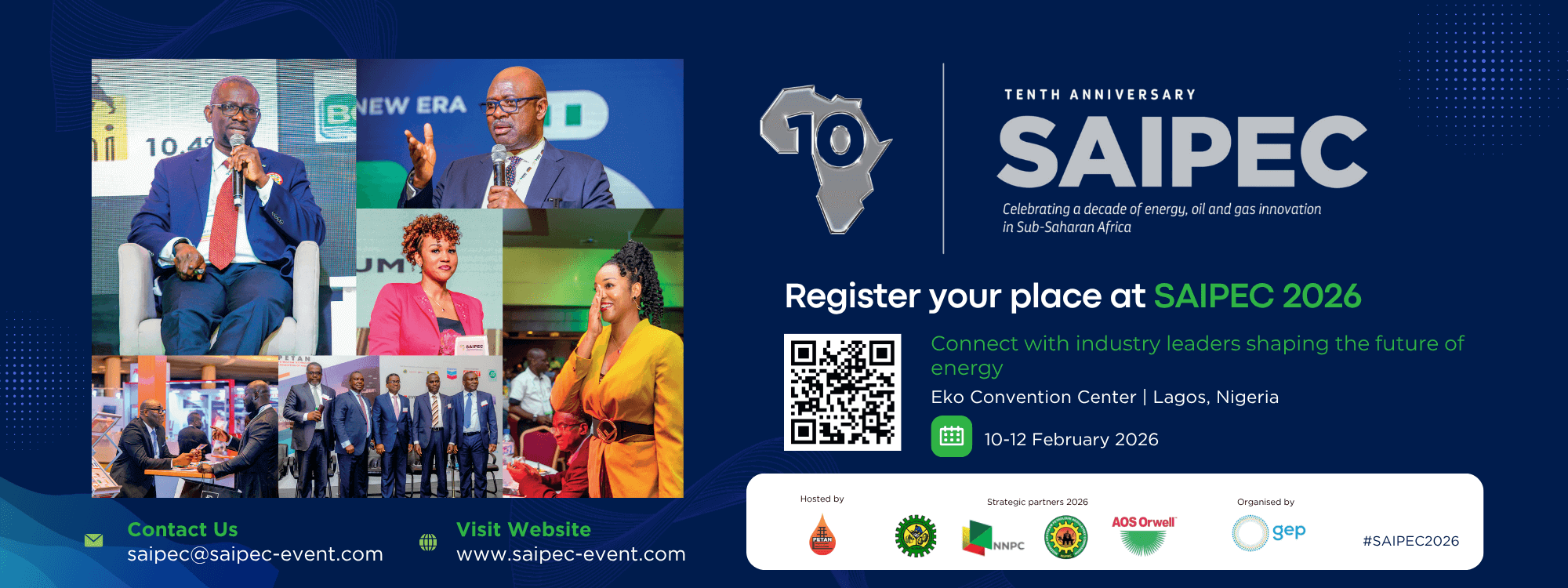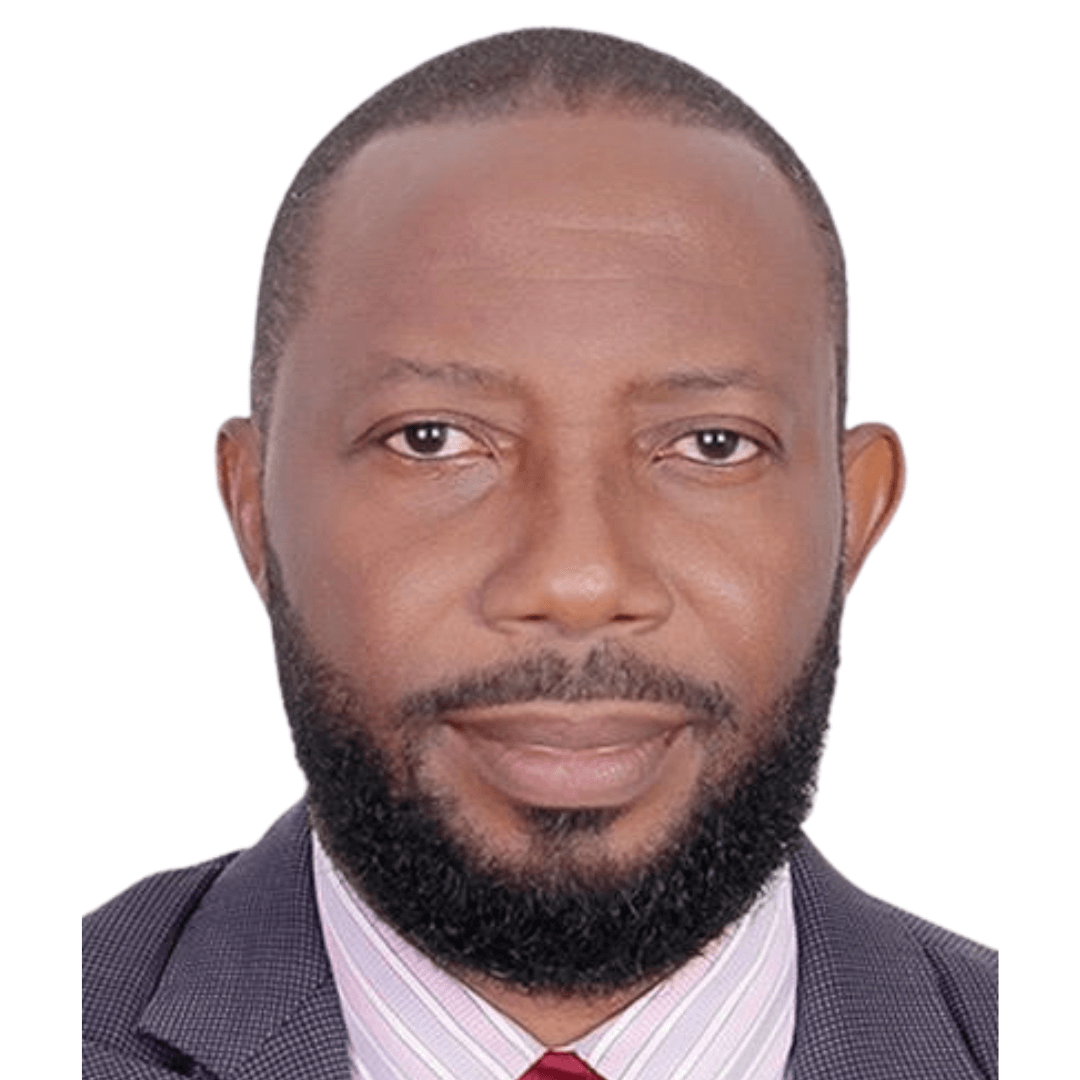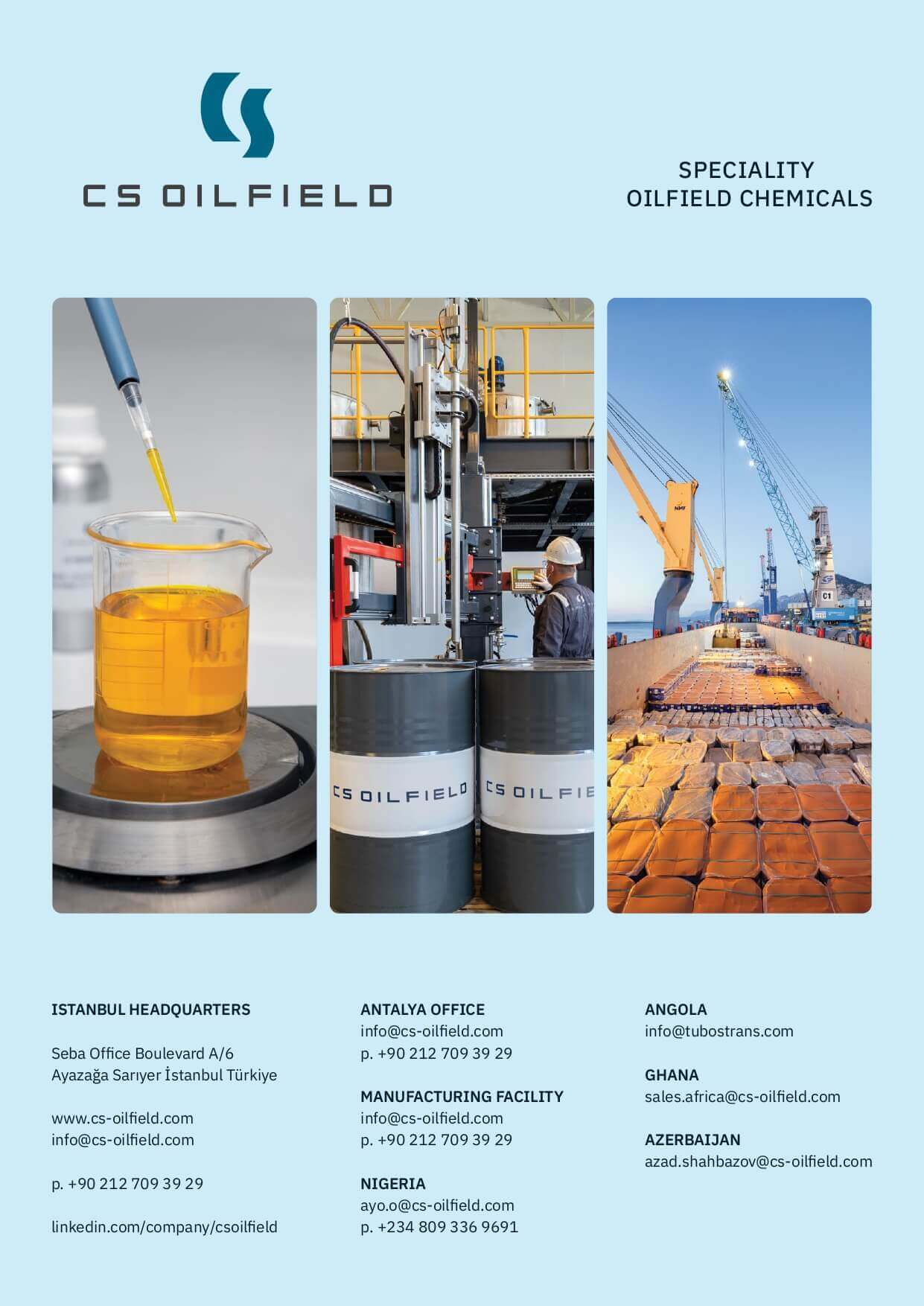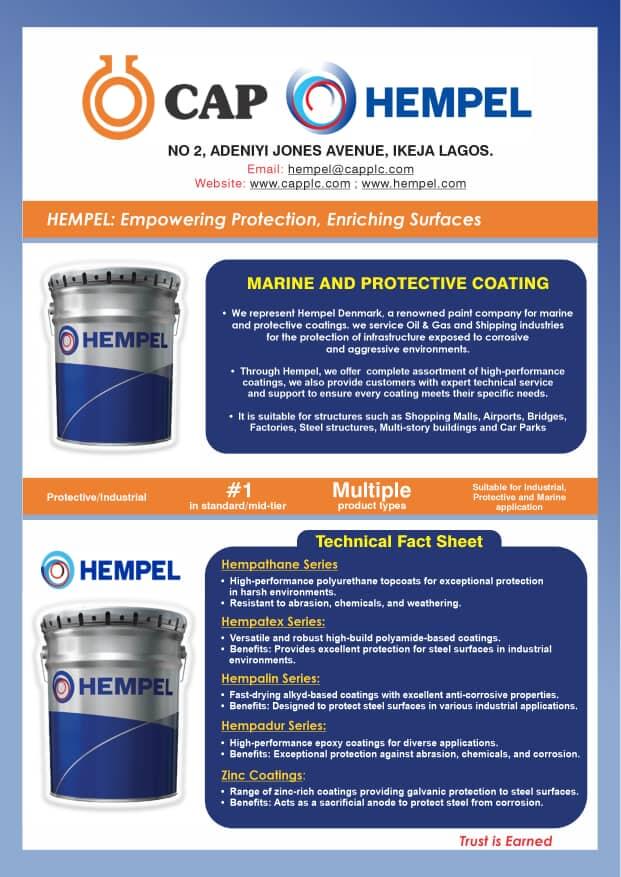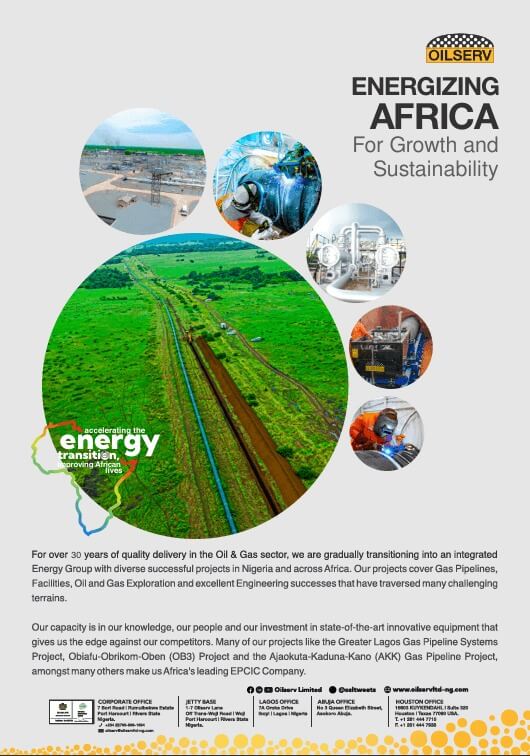In a palpable bid to stop the incessant pipeline vandalism leading to crude oil theft and economically shortchanging accrued foreign exchange earnings of Nigeria nation, a company owned by Niger Delta freedom fighter, Government Ekpemupolo Tantita Security Services Limited (TSSL) Ltd was awarded a-three-year pipeline infrastructural surveillance and protection contract by the present Nigerian government led by H.E Bola Tinubu.
But from all cleared indications, the award of this pipeline infrastructural surveillance and protection contract has since viewed by major stakeholders in the oil and gas sector as good a development in the right economic sense. These stakeholders’ assertions are based on the prevailing positive economic indices presently at public domain vis-a-vis the current crude oil production and relatively before the contract.
Accordingly, to a reliable source an industrial stakeholder who stands to be anonymous, the advent of Tantita Security Services Limited is a best thing that has happened to Nigeria’s oil and gas sector and truly they have come to stay. He rated the current performance of the company at 98% which he equates to the quantity of crude currently oil being produced and eventually received when pumped insitu pipeline unlike before the contract where 80% of the pumped crude oil was being stolen before its terminus.
Highlighting further on this success story at the just concluded NOG Energy Week Conference and Exhibition held in Abuja is the company’s the Executive Director, Operations & Technical, Tantita, Capt. Warredi Enisuo; who was one of the panelists dwelling on the theme: ‘Exploring Nigeria Content Solutions To Meet Energy Demand’.
Capt. Warredi took turn to enumerate some sacrifices made by his company in seeing that the nation’s crude oil production output is sustained amid the harsh environmental and harsh terrains of its operations. He dwelled majorly on neglect to community social responsibility by operators as one of the negative factors that culminated to youth restiveness in the region.
“So, as we go with the local content, the board has a lot to do with people with this skill and character. I’m not too sure how much your act has done to establish infrastructure, but to be honest with you, we might need to focus more on the communities,” Captian Enisuo stated.
“Let the communities take on the responsibility of ownership, a sense of belonging. This is why we are making progress. If you give them that sense of responsibility, you should not forget what happened in Niger Delta. But if you put them somewhere where you feel you can outsmart them this will not augur well,” he posited.
He emphasized on building of social amenities by the oil companies operating at the region as a panacea to aggressions coming from the region. He itemized some of these infrastructural amenities such as good, affordable and adequate health care system, standard educational institutions and employment availability as key paramount in dousing the tension in the Niger Delta region.
On how to achieve an everlasting solution in the region, he emphasized that the federal government should show utmost commitment to the yearning and aspiration of the people of Niger Delta where the major resources of the country is being hatched and by so doing the other industrial stakeholders will then follow suit including the regulators. He pointed that the government must do everything possible to avert the temptation of selling our crude oil illegally to foreign refineries, revealing that his company receives calls on a weekly basis from foreign refiners complaining that they no longer get feedstock because of the surveillance activities by Tantita.
“In fact, I get, on the average, three calls in a week, of people calling me from overseas that their refineries are about to shut down because they can’t steal crude again the way they used to do. And a lot of Nigerians don’t know this. This is happening. “So, there’s always going to be that temptation. So, you have to take care of those who are being tempted,” he appealed.
Further in his speech at the panel session, Capt. Warredi expresses his displeasure on patronage of illegally petroleum products by some corporate organization and government agencies. He alleged that up to 90 per cent of refined diesel sold in Nigeria’s filling stations is locally produced in communities in the Niger Delta.
“Why is there no scarcity of diesel? There is scarcity of PMS. The story is simple. Most of the diesel you buy is brewed (refined) by the communities. Don’t let any fuel station deceive you, 90 per cent of the diesel in fuel stations are produced by the communities. It will also interest you to know that even the oil companies, they patronise the local diesel refineries. Don’t let anybody deceive you.
“The reason why the price of diesel is high today is because of the work of the private security companies like my company, because we have been able to somehow cut down on a lot of the business, a lot of the illegal refining going on. That is why you see the cost of diesel going up.
He explained that the practice of dealing with a chief or one traditional ruler in a host community should be done away with, since there are complaints that the perks never get to the expected quarters.
“There’s a very big difference in calling the chief and making him a representative of everybody. Then you go back and twist it. And you get things that the whole community participated in.
“There’s some equity participation. You can’t deal with just one person. I’ll tell you a classic example. We have about 45,000 staff. Initially, when we started, we called on the community leaders to come and present the names of community persons that are going to participate in the pipeline security business.
“But we discovered that if we pay them, they’re not going to pay those people. So, we changed the whole thing around and said…we’re going to pay directly to them while they work,” he said.
To some extent, he argued that even that is not a long-term solution, noting that the stakeholders will have to consider establishing industries, beyond the extractive market. “Don’t build the skyscrapers in Lagos and leave the others in squalor,” he advised.

